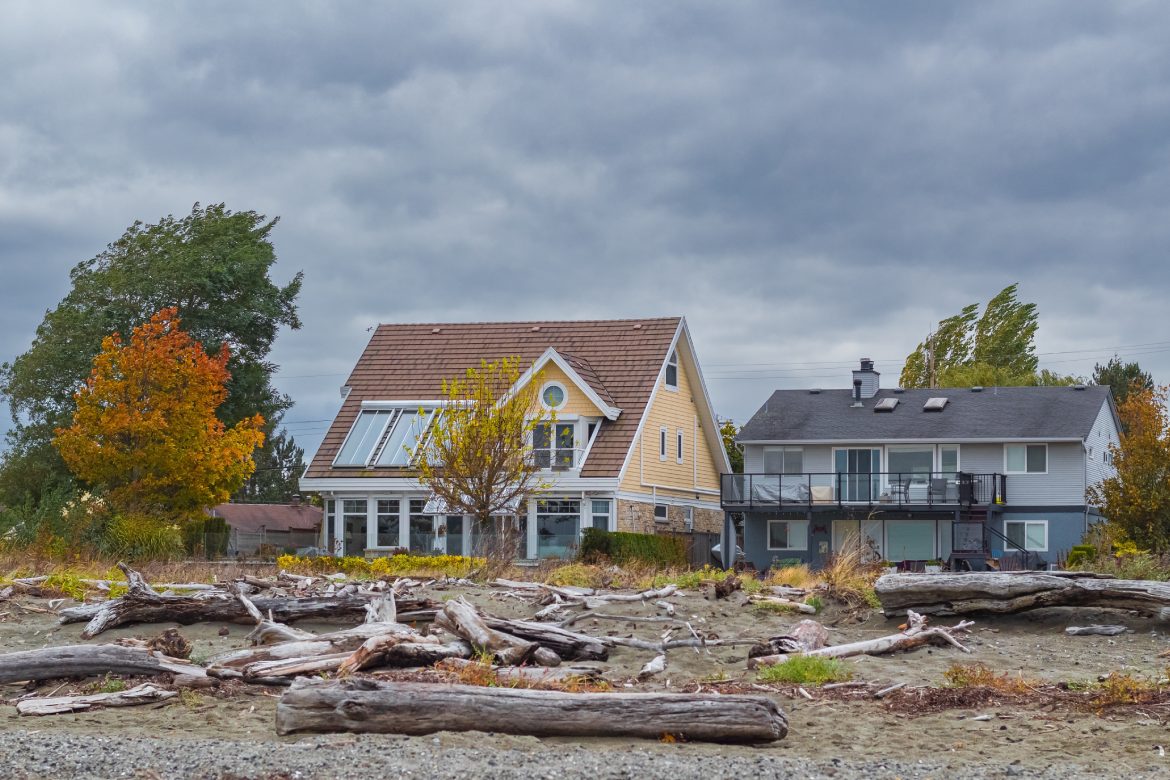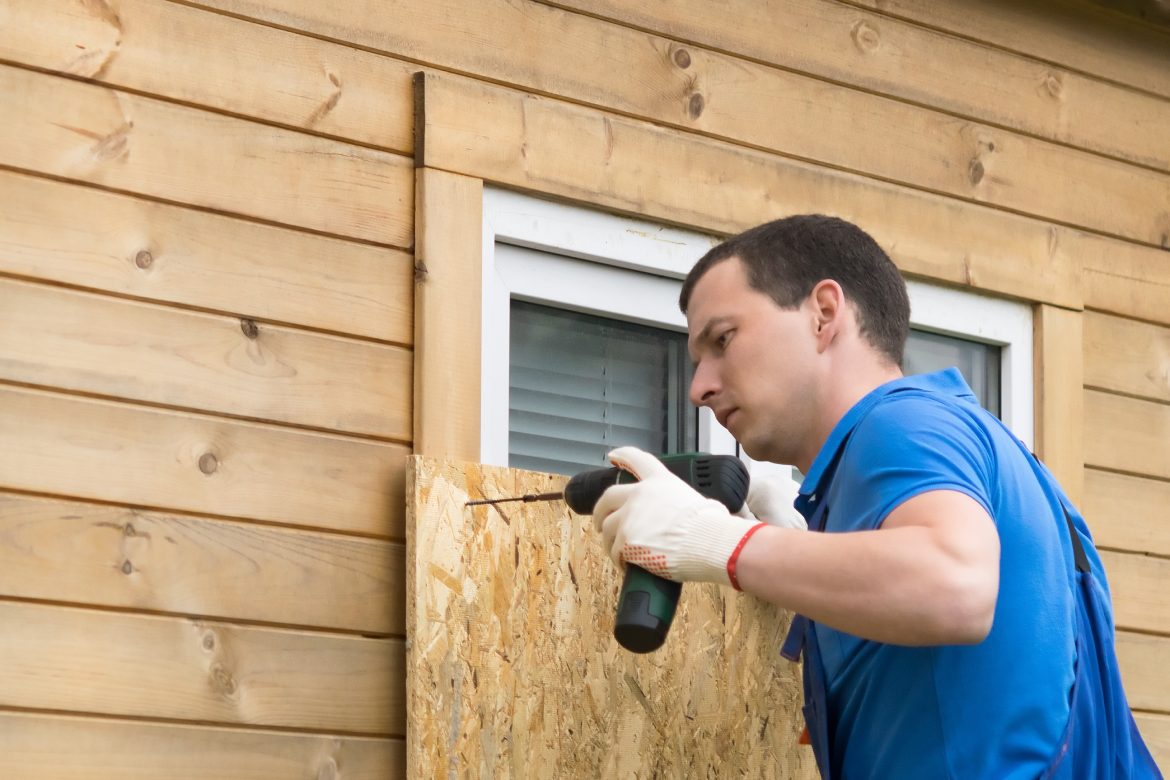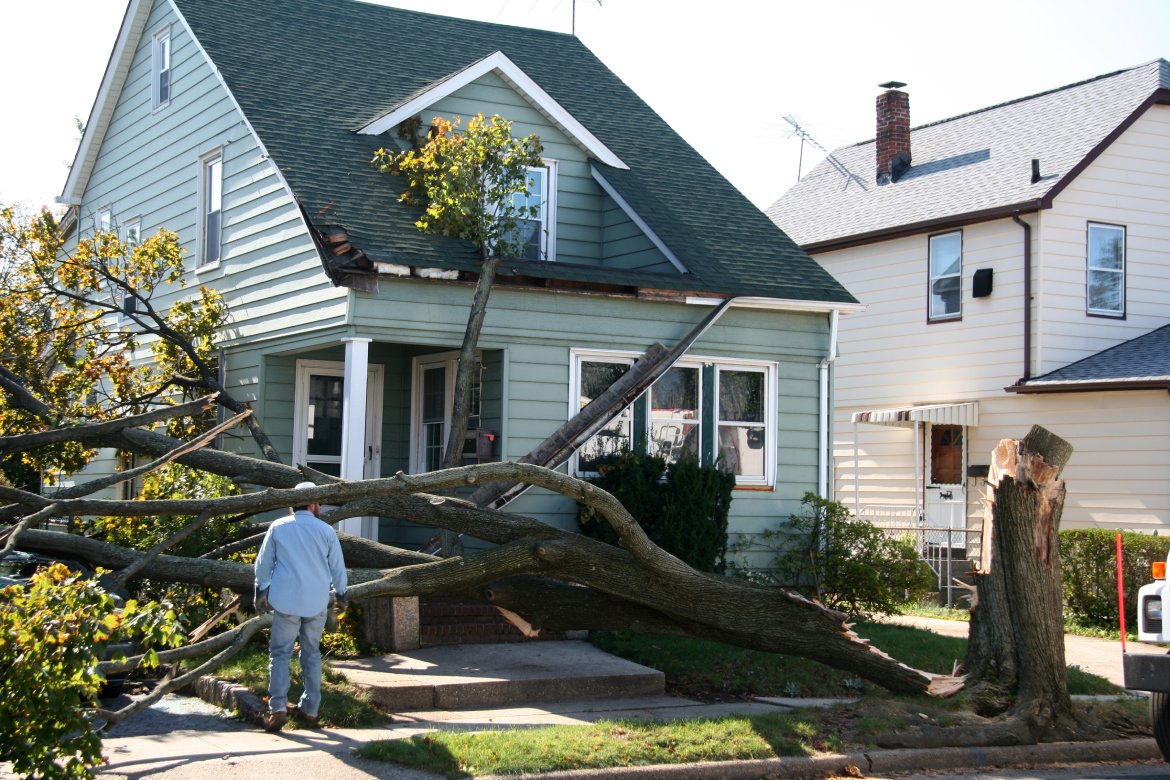Preparing Your Custom Home for Hurricane Season in South Texas
Hurricane season in South Texas can be challenging for homeowners. With August/ September being the most likely months for landfall hurricanes, coastal residents on the Gulf Coast in Texas should ensure they are well prepared for the hurricane season. Here is some advice to prepare yourself and protect yourself, your family, and your custom home from devastation.
The right insurance coverage

It is essential to review your homeowner’s coverage before the hurricane season arrives. You must consider coverage for potential storm damage and how much it will cost to rebuild or repair your home. See if your policy covers any potential storm damage and what is excluded. Consider the cost to:
- Rebuild your custom home like you originally designed and planned it.
- To replace personal belongings if any get damaged or lost.
- The combined value of your assets.
- Temporary living costs if your home is destroyed.
Contact several insurers and compare quotes. See an insurance agent to give guidelines on the best coverage.
Keep all documents regarding your insurance as digital copies or ensure that a hard copy will not be damaged, and keep it in a safe place where it cannot be destroyed.
Before the storm

The following can be done in advance before the hurricane season hits. Having these precautionary plans in your home in any dangerous event is an excellent practice.
- Sign up for community or emergency storm alerts in your area. Stay updated at all times about hurricanes and storms so that you have first-hand knowledge.
- Put together an emergency supply kit. Keep it in a safe and prominent place where everyone in your household knows where to get it. Keep the following: a first-aid kit, water and non-perishable food, a flashlight with additional batteries, prescription medication, essential tools, a phone charger or power bank that is charged, extra blankets, toiletries, eating utensils like a can opener, paper plates and spoons, clothes, and supplies for your children – remember essentials for toddlers or babies, pet supplies, sanitation supplies, and anything else that you might need when cut off from the world for a few days because of a hurricane.
- The American Red Cross suggests that you have a stay-at-home kit and a go-kit -depending get instructions to evacuate or stay.
- Have a communication plan with your family. Tell them beforehand what could be expected with a hurricane and each family member’s role.
- Be proactive regarding safety and a possible evacuation. Get the correct evacuation zone for your area. Plan a route you need to take to a place safe from disasters. Contact friends or family not living in your site if you need to evacuate to a safer location. During hurricane season, see that your cars are filled with gas to save time when you must leave.
- Clear gutters and drains regularly, especially after a hurricane.
It is essential to check and clean the gutters regularly, as debris could cause water to back up and flood your house.
During the storm
Stay in contact with your area’s weather alerts and emergency channels. Find out whether you have to leave or stay put. If you must leave, move quickly, and follow the designated evacuation route. If you have to stay, go to the room as prepared before. Keep clear of areas impacted by the hurricane winds. Disconnect all electrical equipment and be within reach of the emergency supply kit. With small children, it is essential to keep children calm. You can sing songs or play your favorite game with little children to distract them. Older children can discuss the storm and how it has happened there many times before, the origin of hurricanes and what they have learnt about it in school.
After the storm

Be very sure about safety before leaving your safe room. Give attention to special instructions from emergency authorities about water connection, electricity, transport, and dangers, like fallen trees. Once you have gone outside and started a clean-up, it is necessary to wear gloves and other protective materials when you venture out. Document damage to your home with video or photographs.
Protecting your custom home from a hurricane is daunting and challenging

Hurricane protection for your home is expensive and time-consuming. In the end, however, it could save you tens of thousands of dollars in the event of a disaster. During a disaster, the four most vulnerable parts of your house are the windows, doors, roof, and garage doors.
Here are some tips to strengthen these parts:
Stormproof the roof.
This might include additional gable-end bracing, trusses, metal strapping, or any other action preventing the roof from collapsing during a hurricane.
Install storm shutters.
If you do not have storm shutters on your windows, cover your windows with boards, plywood or any material nailed to the window frame in advance. This action will protect the windows from being broken by the elements and damage the house inside.
Strengthen exterior doors.
The exterior doors of your house are not strong enough to withstand a hurricane. Use cast iron slide bolt latches to protect the outside and the garage door. From the start of building your house, an impact-resistant door is a safe and better option for all exterior doors.
Clean up the yard.
Put away or fasten all outside patio furniture objects that could hurt people when carried by the wind.
Being confronted by a hurricane could be nerve-wracking and threatening, especially if you must protect your family. You can be reassured if you are proactive and well-prepared. You can also contact the trusted construction company Dolcan Homes, which has many years of experience building in Texas, to give you guidelines and assistance to keep you safe this hurricane season.




